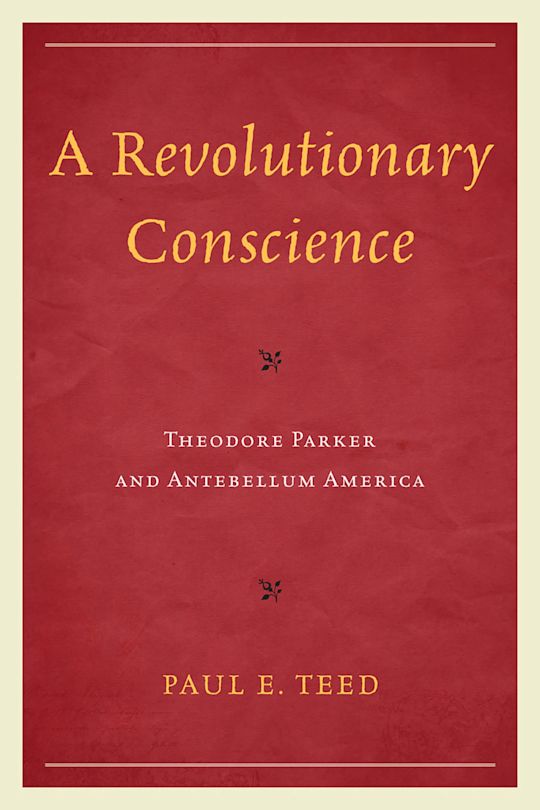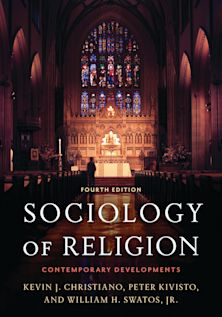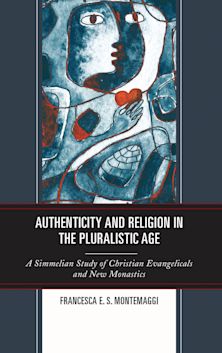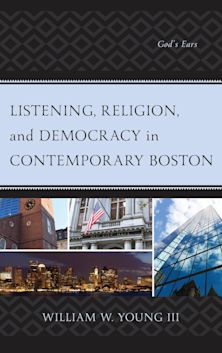- Home
- ACADEMIC
- Sociology
- Sociology of Religion
- A Revolutionary Conscience
You must sign in to add this item to your wishlist. Please sign in or create an account
Description
Theodore Parker was one of the most controversial theologians and social activists in pre-Civil War America. A vocal critic of traditional Christian thought and a militant opponent of American slavery, he led a huge congregation of religious dissenters in the very heart of Boston, Massachusetts, during the 1840s and 1850s. This book argues that Parker’s radical vision and contemporary appeal stemmed from his abiding faith in the human conscience and in the principles of the American revolutionary tradition. A leading figure in Boston’s resistance to the Fugitive Slave Law, Parker became a key supporter of John Brown’s dramatic but ill-fated raid on Harper’s Ferry in 1859. Propelled by a revolutionary conscience, Theodore Parker stood out as one of the most fearless religious reformers and social activists of his generation.
Table of Contents
Introduction
1. “Bred Up Amid the Memories”
2. Divinity School and Beyond
3. Spiritual Indifference
4. The Transcendentalist Controversy
5. The Making of a Public Radical
6. A Reckoning with Ministers
7. Church and Society
8. Classes, Families and Reform
9. Slavery, Politics and the Revolution
10. Making Antislavery Culture
11. Conscience and the Fugitive Slave Act
12. Continual Alarms
13. Race, Politics and Antislavery Violence
14. Conscience, Politics and Religion
15. The Anthony Burns Crisis
16. The Politics of Confrontation
17. The Idea That Blood Must Flow
18. Principles, Parties and Partings
19. The Final Journey
20. Conclusion
Notes
Selected Bibliography
Index
Product details
| Published | Aug 16 2012 |
|---|---|
| Format | Ebook (Epub & Mobi) |
| Edition | 1st |
| Extent | 308 |
| ISBN | 9780761859642 |
| Imprint | University Press of America |
| Publisher | Bloomsbury Publishing |
About the contributors
Reviews
-
Teed’s is the first complete life study of Parker to appear in many decades. Teed shows readers the full sweep of Parker’s remarkable career and his wide range as a thinker....Teed is the first biographer to recognize Parker’s important role in the antislavery movement as a mediator between the contentious Garrisonian and other political factions; the first to look dispassionately at Parker’s growing support for antislavery violence in the 1850s; the first to deal forthrightly with Parker’s racial theories and his sometimes shockingly racist pronouncements; the first to look critically at Parker’s ideas about gender and women’s rights; and the first to take seriously Parker’s reaction—which shaped his later theology—against the philosophical atheism of Ludwig Andreas von Feuerbach.
Journal of American History


































